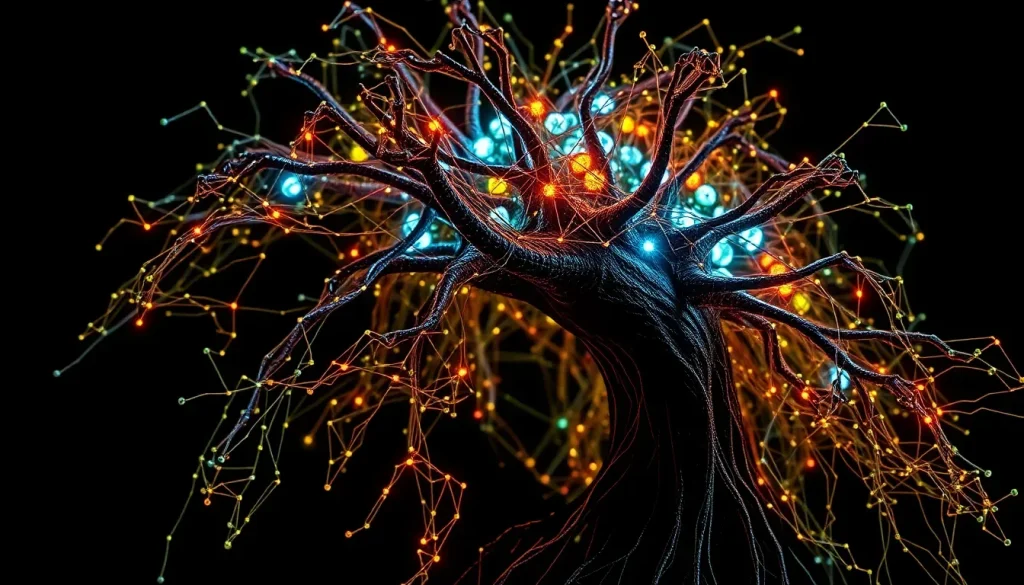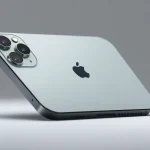Anthropic Challenges NVIDIA with New Google TPU Integration

In a rapidly evolving technological landscape, the competition among AI chipmakers has intensified significantly. Anthropic's recent partnership with Google Cloud is set to shake things up further, particularly in its ongoing rivalry with NVIDIA. This deal not only highlights Anthropic's ambitions but also underscores the growing significance of alternative chip solutions in the AI space.
Anthropic's strategic partnership with Google Cloud highlights a major shift in AI chip adoption
Anthropic has recently made headlines by announcing its collaboration with Google Cloud, which will see the company utilizing up to one million Tensor Processing Units (TPUs). This agreement represents the largest external adoption of TPUs to date, marking a significant milestone for both companies. As part of this arrangement, Anthropic will gain access to more than a gigawatt of computational capacity by next year, a move that positions it as a formidable player in the AI landscape.
The decision to partner with Google Cloud stems from Anthropic's ongoing commitment to harnessing advanced AI technology while maximizing efficiency and cost-effectiveness. This collaboration is particularly noteworthy as it diverges from prevalent trends that often see reliance on NVIDIA and AMD technology stacks. Instead, Anthropic's focus on TPUs signifies a strategic pivot in the pursuit of enhanced computing capabilities.
This partnership allows Anthropic to leverage Google's leading AI infrastructure, providing its research and development teams with robust resources to innovate and optimize their models. The efficiency and price-performance ratios of TPUs make them an attractive option for Anthropic, which has previously utilized these chips in training and deploying its AI models.
The evolution of Anthropic's relationship with Google Cloud
Anthropic's engagement with Google Cloud is not entirely new; the company has been utilizing the cloud service provider's offerings since 2023. This prior experience lays a solid foundation for expanding their computational capabilities within the same ecosystem. By enhancing their existing relationship, Anthropic can seamlessly transition to a larger scale of operations without the steep learning curve that often accompanies technology shifts.
However, the partnership is also a strategic maneuver against NVIDIA, a company with which Anthropic has had its share of public disputes. For instance, Anthropic's leadership has voiced concerns about NVIDIA's practices, including allegations of chip smuggling. Such tensions have fueled an ongoing rivalry that has implications for the broader tech community.
- Anthropic accuses NVIDIA of monopolistic practices.
- NVIDIA's CEO, Jensen Huang, criticizes Anthropic's closed-source model.
- Both companies have actively called each other out in public forums.
The implications of TPUs in the AI landscape
The increasing adoption of TPUs, particularly by a major player like Anthropic, underscores their growing significance as an alternative to traditional GPU solutions. TPUs are custom-designed by Google specifically for AI workloads, offering substantial advantages in both speed and efficiency. The shift towards TPUs may signal a broader trend where companies seek to diversify their hardware strategies to avoid dependency on any single provider.
During discussions about the future of AI hardware, Jensen Huang has expressed skepticism towards ASIC (Application-Specific Integrated Circuit) solutions, including Google's TPUs. He has noted that while these chips present a unique challenge to NVIDIA's dominance in the GPU market, their long-term viability is still a topic of debate.
Huang remarked, "The challenge for those building ASICs is to maintain flexibility and adaptability in a rapidly changing AI landscape. Google's early investments in TPUs have positioned them well, but the competition is fierce." This sentiment reflects the broader concerns within the industry regarding the sustainability of various hardware approaches.
Market reactions and future outlook
As the news of Anthropic's deal with Google Cloud spreads, the market is responding with intrigue. The partnership signifies a potential shift in power dynamics within the AI sector, where the reliance on traditional GPU providers like NVIDIA might be challenged by innovative alternatives. Observers are keenly watching how this development will affect NVIDIA's market position, especially as the company has secured numerous high-profile contracts with organizations like OpenAI and Oracle.
- Investors are closely monitoring Anthropic's growth trajectory.
- Industry analysts predict increased competition in the AI chip market.
- Speculation around NVIDIA's response to this deal is rampant.
Moreover, the competitive landscape is not limited to just Anthropic and NVIDIA. Other tech giants are also eyeing the potential of TPUs and alternative chip solutions, which could pave the way for more diverse offerings in the AI space.
Will NVIDIA retaliate against Anthropic's TPU deal?
Given the competitive nature of the tech industry, NVIDIA may not remain passive in light of Anthropic's partnership with Google Cloud. The company has a history of responding aggressively to perceived threats, and it may choose to bolster its own offerings or launch targeted marketing campaigns to reinforce its position in the market.
As Jensen Huang has previously indicated, the battle between GPUs and ASICs will continue to evolve, and how each company navigates this landscape will be crucial. The ramifications of this rivalry could lead to more innovation, as each player strives to outdo the other in performance, efficiency, and adaptability.
To gain more insights on this competitive dynamic, you can watch the following video that discusses Anthropic's TPU strategy and NVIDIA's potential responses:
As the AI industry continues to accelerate, partnerships like that of Anthropic and Google Cloud will play a pivotal role in shaping future developments. The ongoing rivalry between NVIDIA and emerging competitors will likely lead to advancements that benefit the entire sector, making it an exciting time for technology enthusiasts and professionals alike.




Leave a Reply